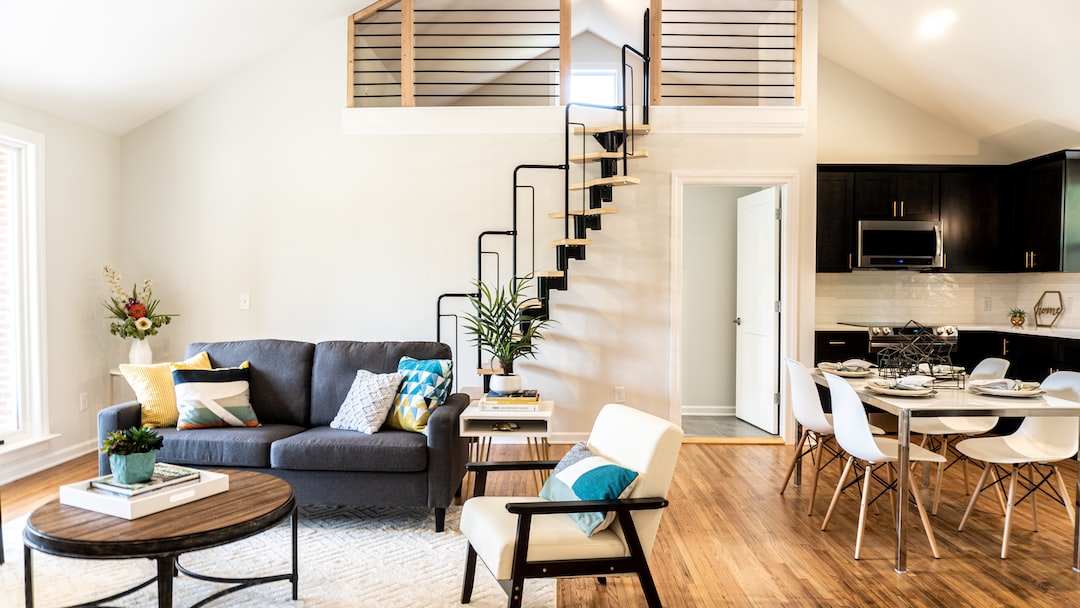The Advantages and Disadvantages of Airbnb Rental Properties
In recent years, the sharing economy has revolutionized the way people travel and find accommodations. One of the most popular platforms in this sector is Airbnb, which allows homeowners to rent out their properties to travelers and tourists around the world. While Airbnb offers several advantages, it also has its fair share of disadvantages. In this blog post, we will explore both sides of the coin to help you make an informed decision when it comes to renting your property on Airbnb.
Let’s begin with the advantages. First and foremost, Airbnb provides homeowners with an excellent opportunity to earn extra income. By renting out your property, you can generate a steady stream of revenue, which can be especially beneficial if you have a spare room or an entire property that is not being utilized. This additional income can be used to pay off debts, cover mortgage payments, or simply improve your financial situation.
Another advantage of Airbnb is the flexibility it offers. Hosts have control over their availability and can rent out their property on their terms. This flexibility is particularly advantageous for homeowners who travel frequently or have unpredictable schedules. It allows you to earn money while you’re away, without the worry of long-term commitments to tenants.
Furthermore, renting your property on Airbnb provides an opportunity to meet new people from different parts of the world. Hosting travelers allows you to engage with a diverse range of cultures and build lasting connections. This social aspect of Airbnb can be a rewarding experience for those who enjoy meeting new people.
On the flip side, there are also some disadvantages to consider. One of the major drawbacks of Airbnb rental properties is the potential for bad experiences with guests. While most Airbnb guests are respectful and responsible, there is always a risk of encountering unruly or disruptive individuals. This can lead to property damage, noise complaints, or even legal issues. It is essential to thoroughly screen potential guests and set clear house rules to minimize the chances of such incidents.
Additionally, renting your property on Airbnb requires time and effort. From preparing the property for guests to responding to inquiries and reviews, hosting can be a demanding task. It requires regular cleaning and maintenance, availability for check-ins and check-outs, and effective communication with guests. If you are not prepared to dedicate the necessary time and energy, renting your property on Airbnb may not be the best option for you.
Another disadvantage to consider is the potential strain on your relationship with neighbors and local communities. Many neighborhoods have restrictions on short-term rentals, and hosting on Airbnb could potentially violate these regulations. This can result in complaints from neighbors and even legal consequences. It is crucial to familiarize yourself with local laws and regulations regarding short-term rentals before listing your property on Airbnb.
In conclusion, renting your property on Airbnb can be a profitable venture with many advantages, such as extra income and flexibility. It also provides an opportunity to connect with people from around the world. However, it is essential to be aware of the potential downsides, including the risk of bad experiences with guests and the demands of hosting. It is crucial to carefully consider these advantages and disadvantages before deciding whether Airbnb rental properties are right for you.
